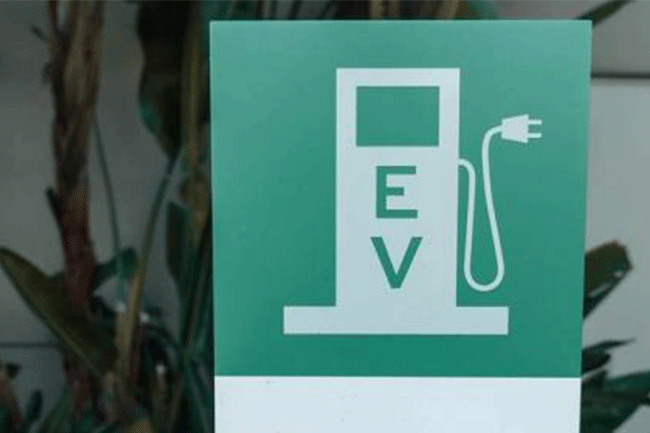The Foreign Trade Committee of the Ministry of Industry and Trade of Brazil recently announced an important trade policy adjustment, deciding to resume trade with China from January 2024.New Energy VehiclesBrazil has imposed a 100% import tax on its cars and plans to gradually increase the tax rate in the coming years. It is reported that the tax rate is expected to reach 35% in July 2026. The move aims to promote the development of Brazil's domestic automotive industry, accelerate the decarbonization of the industrial chain, and contribute to the country's new industrialization.

New EnergyThe new tax rate will affect all vehicles, including pure electric, plug-in and hybrid electric vehicles. The Brazilian government's move has caused mixed reactions in the automotive industry. The Brazilian Automobile Manufacturers Association highly praised the government's decision, believing that it will promote the localization of electric vehicle production in Brazil. However, the Brazilian Electric Vehicle Association and General Motors have publicly expressed their opposition to the restoration of the import tax and quota system.
The main goal behind this policy adjustment by the Brazilian Ministry of Industry and Trade's Foreign Trade Committee is to support the development of the domestic automotive industry, especially in the field of new energy vehicles. By increasing taxes on imported new energy vehicles, the government intends to promote domestic industrial upgrading and technological innovation, thereby accelerating the decarbonization process of the country's automotive industry.
The implementation of this policy may have a significant impact on the Brazilian new energy vehicle market, including influencing consumers' willingness to purchase new energy vehicles, promoting the development of the domestic electric vehicle industry, and potentially triggering adjustments in the market strategies of domestic and foreign automakers. With the gradual increase in the tax rate, domestically produced electric vehicles may gain a price advantage, thereby stimulating the growth of localized production.


 Follow customer service WeChat
Follow customer service WeChat